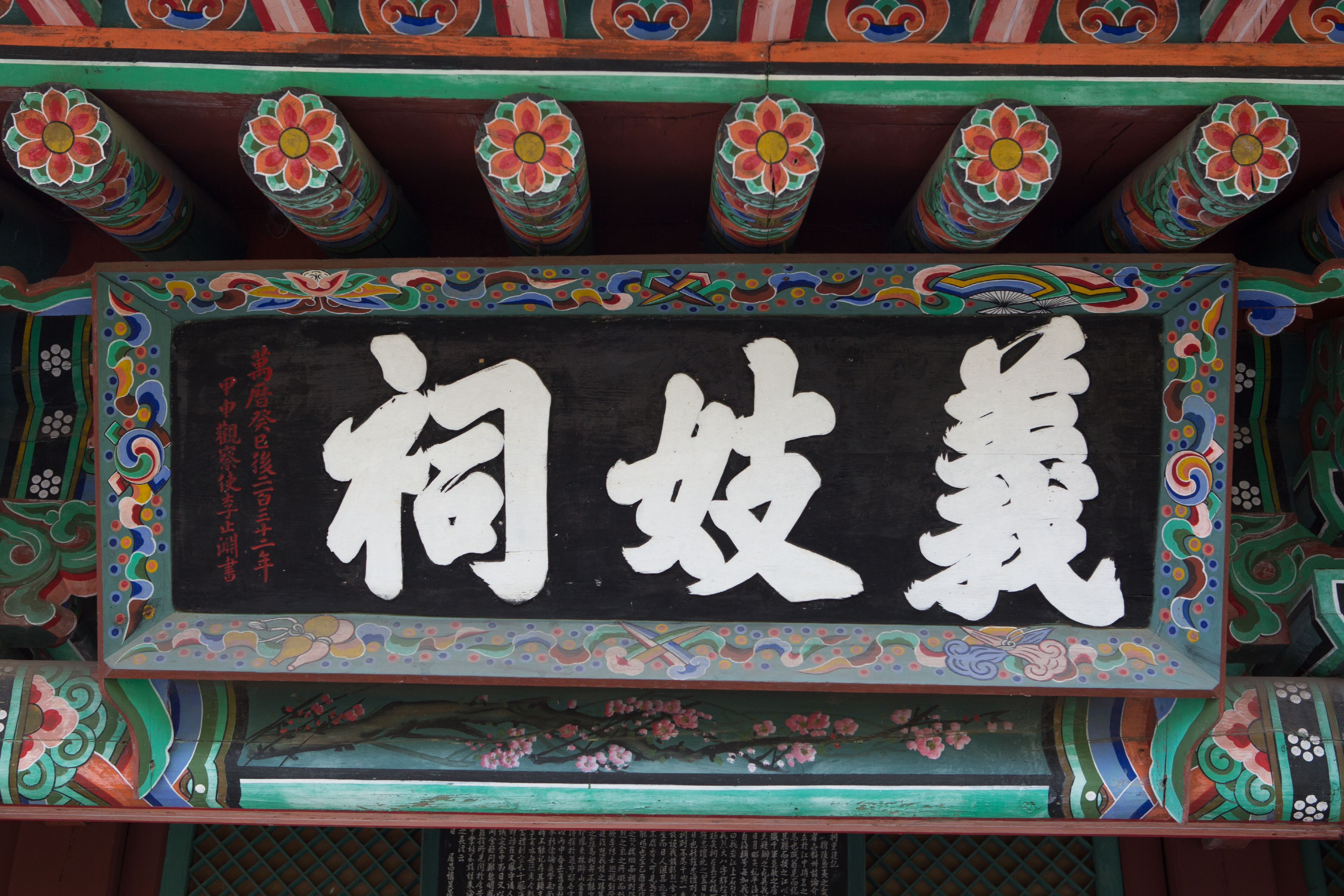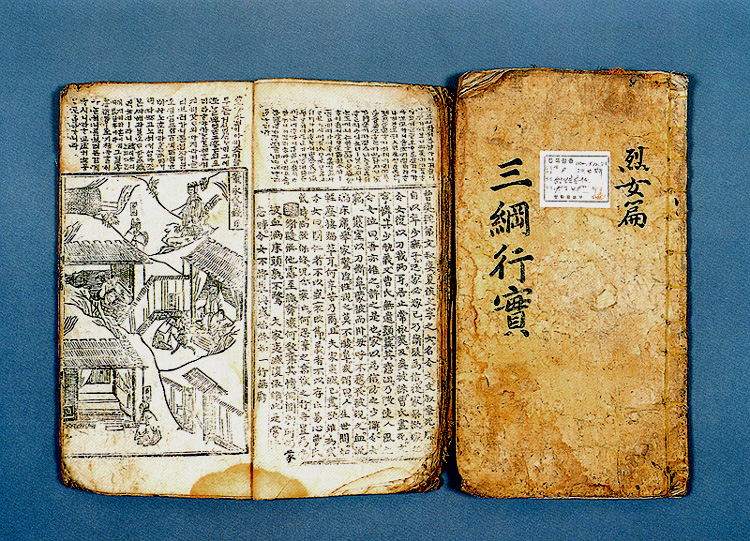time zone will be applied.
Report this post?


The patriarchal system of late Chosŏn society is held responsible for the oppression of Korean women, culminating in the trope of female chastity Yŏllyŏ (烈女) women embracing death for sexual chastity. The ideological entrenchment of this oppressive female virtue occurred in the wake of two catastrophic wars—the Hideyoshi’s invasion and the Manchu invasion. The resultant societal dislocation, it is thought, drove the governing elites to double down on Neo-Confucian orthodoxy and drive it down to the lower social strata by means of proliferating quotidian official rewards and sanctions. Women were defined exclusively by their relationship to patriarchal authority. It is in this context that Korean women faced stultifying moral subordination in the domestic setting and exclusion from public space.
I situate this talk on the literary genre prominently featuring female marshal heroes of the late Chosŏn period against the grain of this conventional view. The emergent narrative genre in which female characters manifest battlefield valor and apparently masculine Confucian virtues gained wide acceptance even as ruling elites debated whether females possess such faculties in the first place. In their often fabulous narrative of marshal and military prowess in the defense of the king and country, female characters represented more than just literary chastisement for masculine moral shortcomings: it captures a changing conception of female subjecthood.